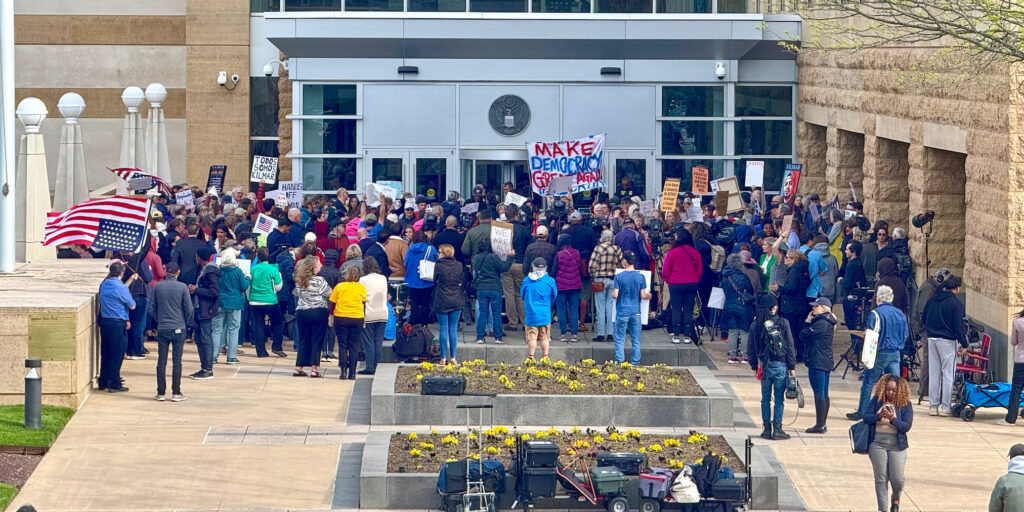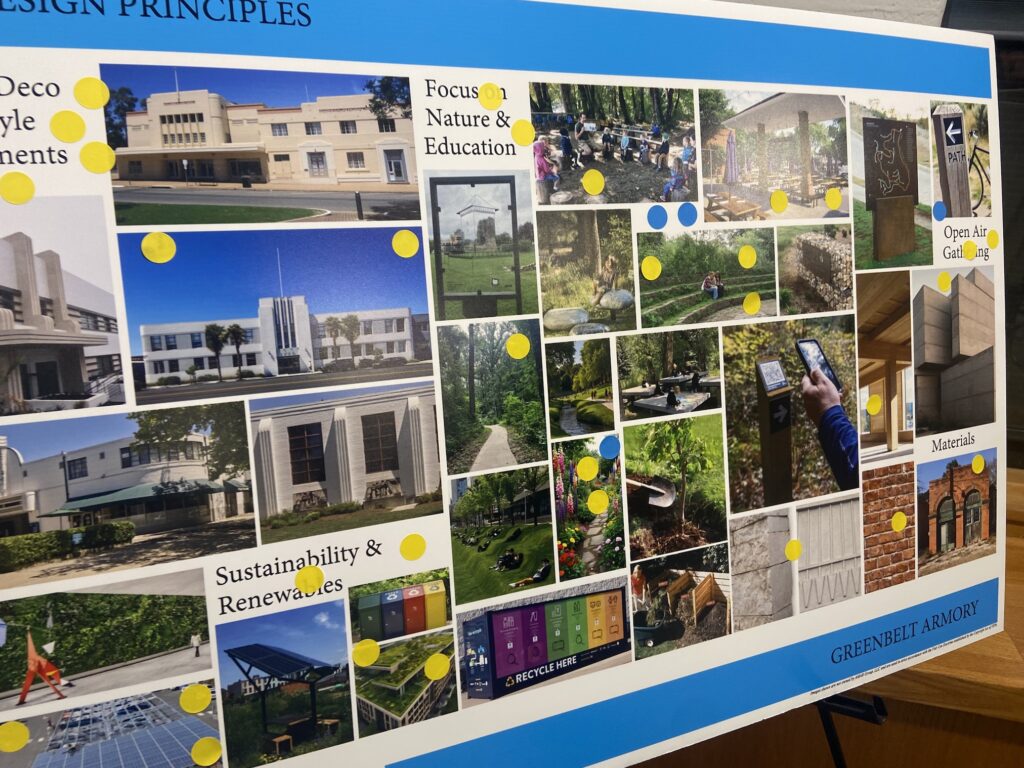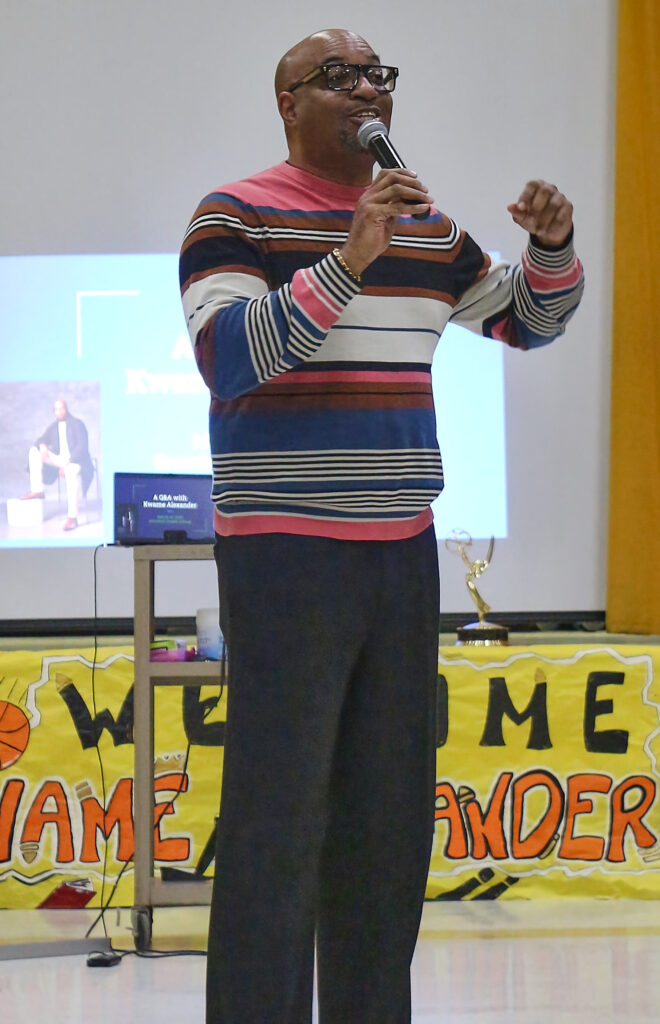The ramifications of COVID-19 on the Fiscal Year 2021 budgets of the Greenbelt Museum, Greenbelt CARES and Greenbelt Assistance In Living (GAIL) were the main topics at the Greenbelt City Council budget worksession on April 20. The uncertainties and challenges posed by the pandemic made budget decisions more difficult for council this year.
The meeting began with council consensus on some form of notification to the city’s apartment complexes, condominiums and homeowner associations on proper sanitation and hygiene in accord with state, county and federal guidelines, especially in common areas. Whether this would come from council or staff, such as the Planning Department or Code Enforcement, is to be determined.
Mayor Colin Byrd was keen on getting coronavirus testing sites to the Greenbelt area, perhaps with help from Governor Larry Hogan. He suggested having them in the vicinity of Metro stations to better accommodate residents without cars.
Museum
Greenbelt Museum Director Megan Searing Young presented her budget report to council, which included the most recent exhibits, programs, tours and collection/archives status, as well as their budget proposals, fundraising and update on the 10-A Crescent Education and Visitor Center.
The discussion focused on the aim of the Friends of the Greenbelt Museum (FOGM) for a greater clarification of the roles played by FOGM and the city. According to the FOGM report to council, “the current MOU has significantly blurred lines of responsibility. There is not a systematic assignment of responsibilities and tasks.” FOGM would like to concentrate on fundraising, and delegate all day-to-day tasks of running the museum to the city. Currently, the city employs the museum director, with FOGM proposing that, in addition, the role of volunteer and education coordinator (a FOGM employee) be transferred to the city in a part-time capacity. This position would be “partially funded by a National Endowment for the Humanities grant awarded to FOGM in FY 2007,” according to the city budget report.
Councilmember Judith Davis was concerned about hiring new employees in this economic crisis, stressing that in more normal circumstances “council would probably entertain this.” Assistant City Manager David Moran replied that this part-time position would be a relatively budget-neutral proposal, with the salary provided by the NEH grant and funds brought in from the gift shop, donations and tours. The meeting ended with a move to have a future meeting with FOGM to clarify all the budgetary details.
FOGM Board Member Jennifer Ruffner, in regard to the interior redesign project for 10-A Crescent, said that they “had a long way to go,” with $200,000 of the anticipated $500,000 raised. She speculated on a more phased process, and that FOGM will likely raise funds as we go.
Dr. Liz Park, director of Greenbelt CARES and GAIL, said that services have been upended under the pandemic. Yet, she said, “we have maintained our caseloads,” even adding more, as they have adapted to new approaches like teletherapy.
Christal Batey, community resource advocate for GAIL, said that a huge challenge has been providing services to clients, mostly seniors, without online connections, stressing that phone calls and mailing have compensated, saying that “we are learning to reinvent ourselves.” Batey said that most calls being received concern utilities and information on evictions, which have been deferred during this crisis. Group-style programs like the free produce distribution have been suspended due to the need for social distancing. Council was keen on developing new strategies to provide these food essentials.
Batey said that Green Ridge House, the senior-living complex, is now fully leased and virus-free at the moment.
Councilmember Rodney Roberts reminded the attendees that the search for a new space for CARES should not be forgotten, even in this health priority. Park answered that “we have not stopped looking at other spaces.” She also noted that she wasn’t sure if there was money in the budget for any of it.
Councilmember Edward Putens was concerned about residents, seniors in particular, having access to essentials, especially hygiene products, and suggested seeking out a supplier that could work with the city.
Byrd concluded the meeting with news that masks are now available for purchase at the Co-op Supermarket.



